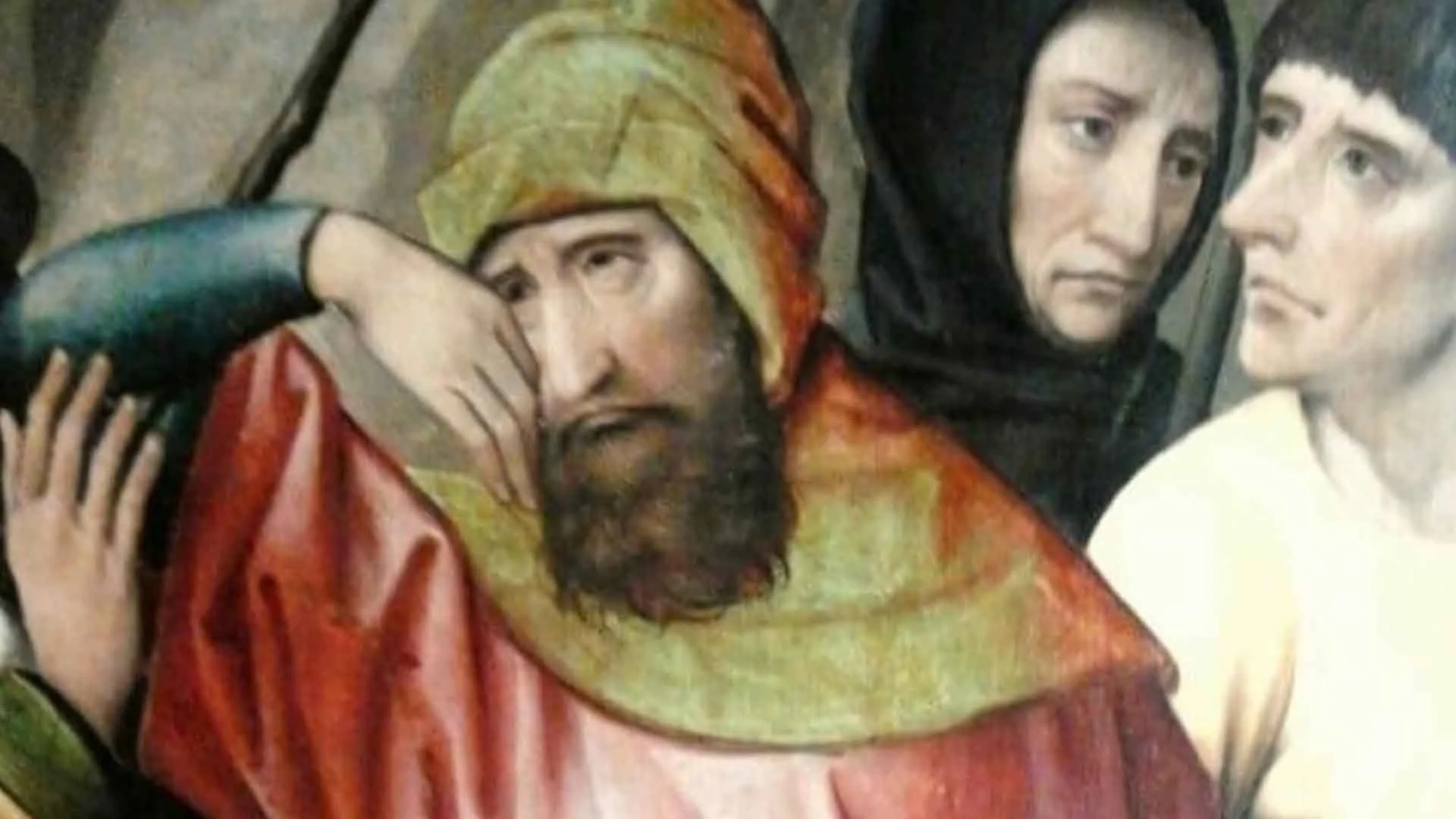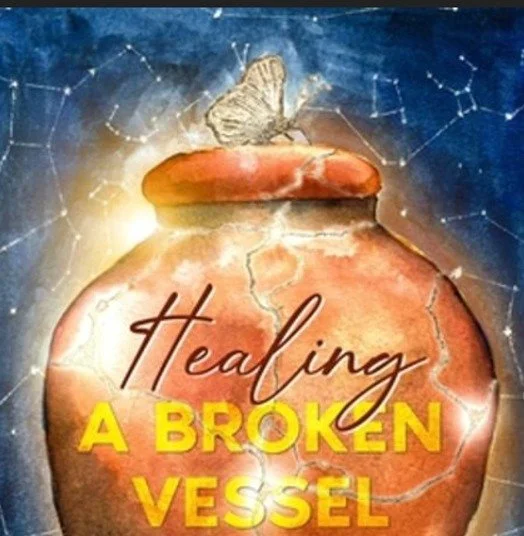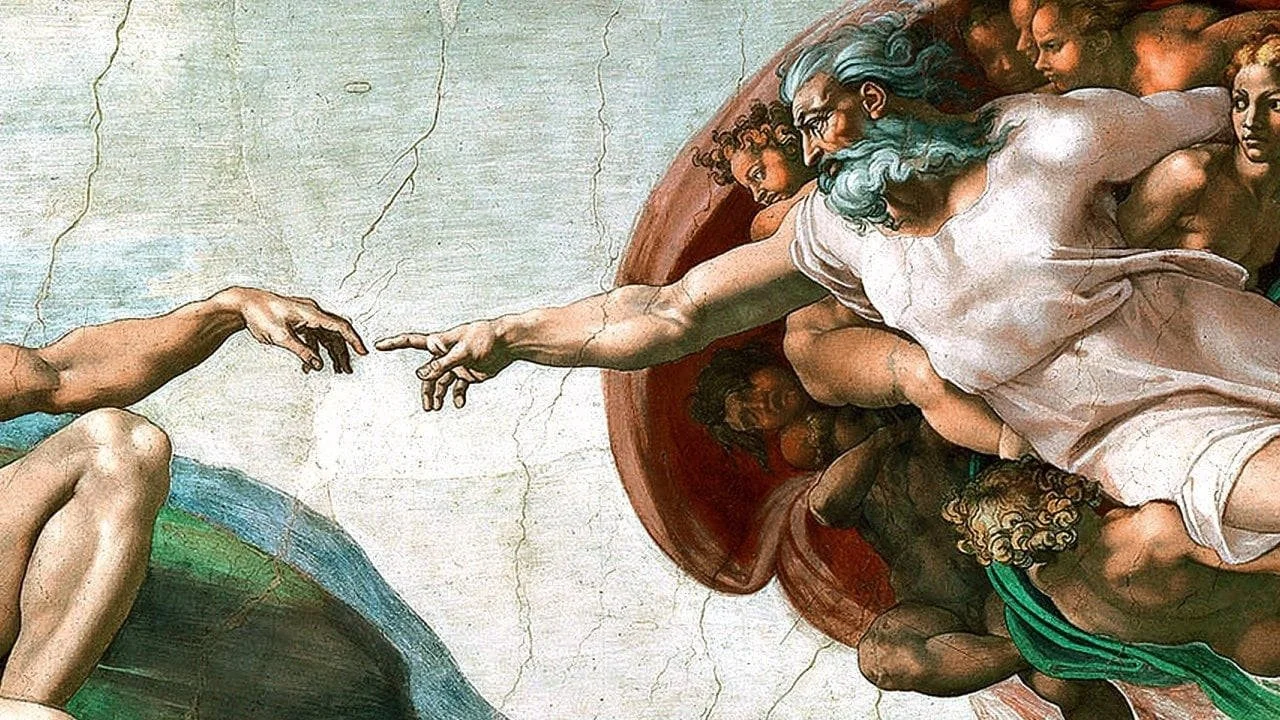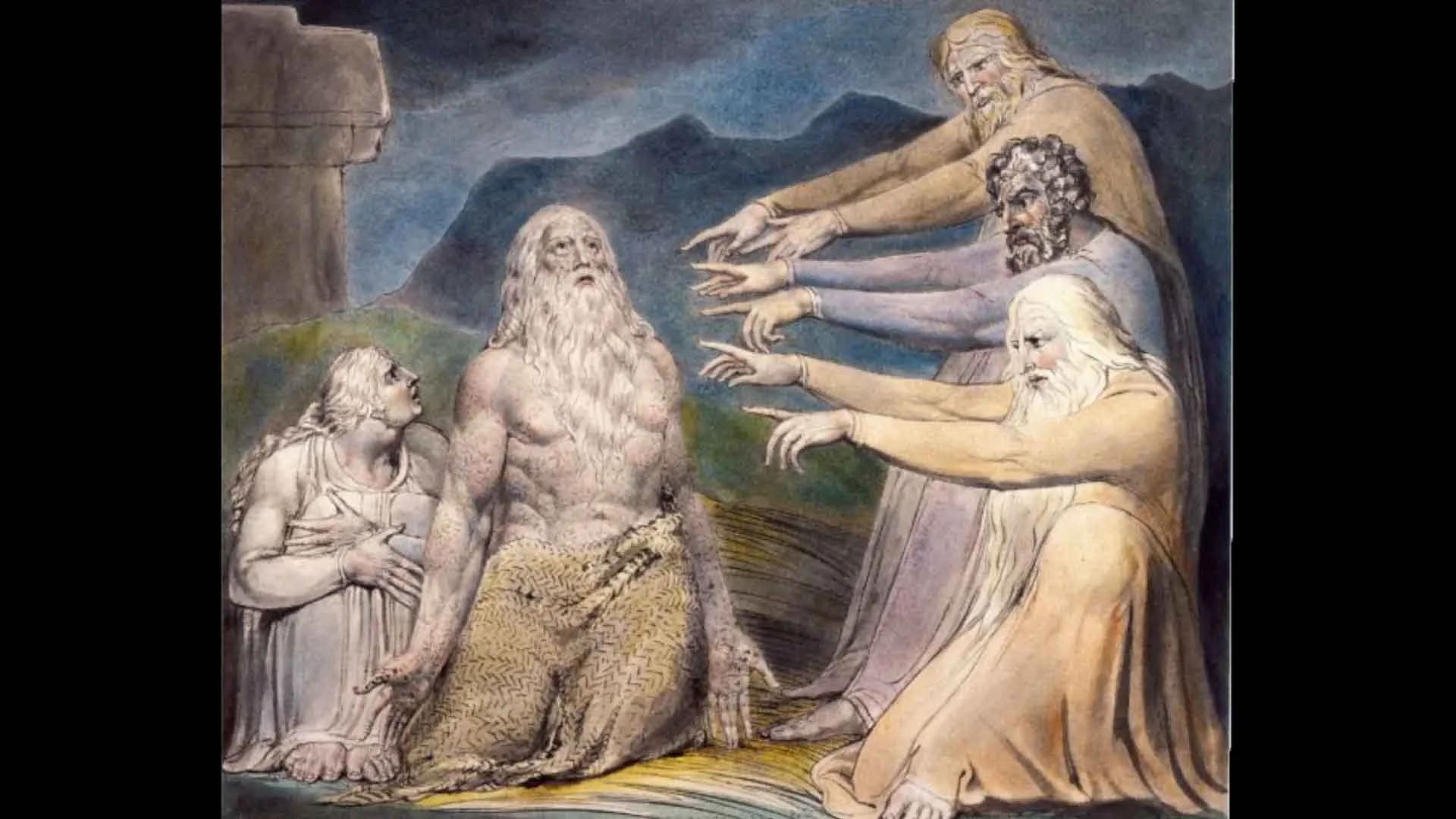The Wagons of Indictment
This essay offers a theological-critical reading of the Zohar's interpretation of the wagons (agalot) sent by Joseph to Jacob in Genesis 45:27, arguing that the Zoharic text functions not merely as narrative exegesis but as an indictment of patriarchal failure.
Drawing upon Rav Shagar's post-modern theology of rupture and absence, I contend that the wagons encode an accusation: Jacob sent Joseph into danger without adequate protection, violating the fundamental ethical obligation of levaya (accompaniment) that underlies the law of eglah arufah. This reading challenges hagiographic interpretations of Jacob and instead locates him within a framework of culpable silence—the failure of parental responsibility that generates trauma without recourse to repair.
The essay extends this theological critique to the events of October 7, 2023, when the Nova Music Festival massacre occurred on Simchat Torah while diaspora communities danced in their synagogues, unaware that Israeli youth were being slaughtered in the fields near Re'im.
I argue that our liturgical celebration at that precise moment constitutes a spiritual eglah arufah—a case of blood spilled while the elders were occupied elsewhere. This represents not merely historical tragedy but theological scandal: the absent father replicated in the absent God, the failure of the patriarch mirrored in the failure of the community.




















